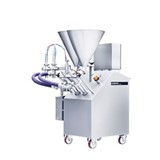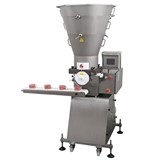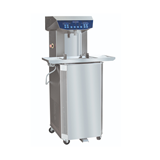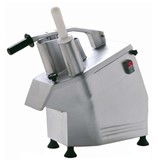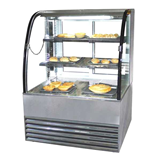Flavonoids, antioxidants found in cocoa, green tea, red wine and some fruits, appear "to be effective in slowing down or even reversing the reductions in cognitive performance that occur with aging," wrote Columbia University professor Franz Messerli.
"Since chocolate consumption could hypothetically improve cognitive function not only in individuals but also in whole populations, I wondered whether there would be a correlation between a country's level of chocolate consumption and its population's cognitive function," Messerli wrote.
The results were surprising: according to Messerli, there was "a close, significant linear correlation between chocolate consumption per capita and the number of Nobel laureates per 10 million persons in a total of 23 countries."
Chocolate comes from the cocoa bean, which ancient Aztecs and Mayas drank as a beverage. Spanish conquistadors introduced cocoa to Europe in the 16th century, and the Swiss perfected modern chocolate bars in the 19th century.
Not surprisingly, Switzerland "was the top performer in terms of both the number of Nobel laureates and chocolate consumption," wrote Messerli, who said he obtained figures on chocolate consumption from manufacturers.
The United States, France and Germany are in the middle of the list, while China, Japan and Brazil are at the bottom.
Sweden, which consumes 6.4 kilos of chocolate per capita per year, was an exception. Based on this rate of consumption "we would predict that Sweden should have produced a total of about 14 Nobel laureates, yet we observe 32."
So either the Stockholm-based Nobel Committee "has some inherent patriotic bias when assessing the candidates for these awards" or Swedes "are particularly sensitive to chocolate, and even minuscule amounts greatly enhance their cognition."
Messerli, however, provides a caveat: "Obviously, these findings are hypothesis-generating only and will have to be tested in a prospective, randomised trial."






